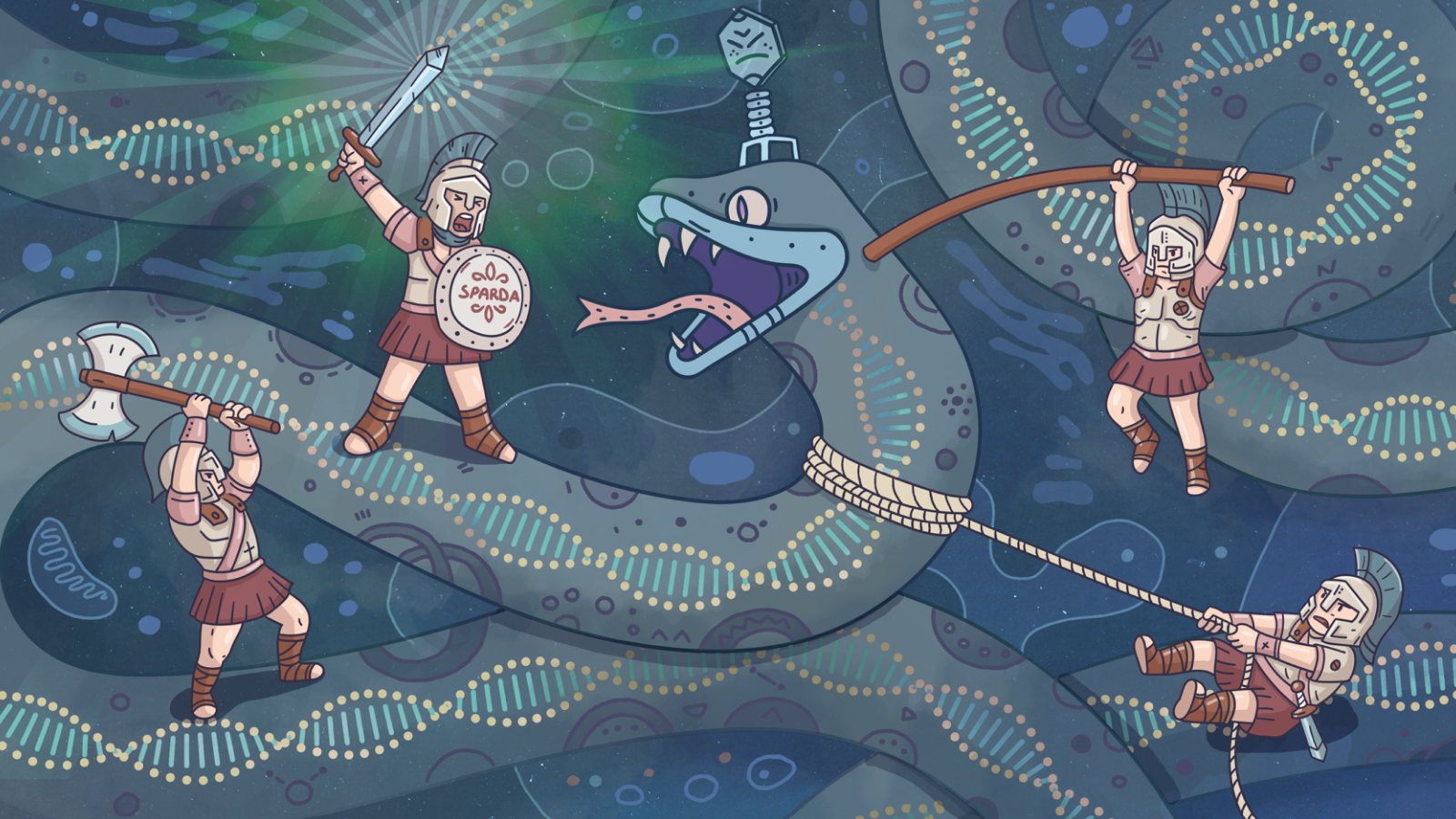In Death Throes, Fish Help Offspring Escape
In their death throes, zebrafish might bestow one final gift on their offspring — molecules that make them mature faster, to potentially escape whatever threat did the parents in.
When animals are threatened, injured or dying, many release chemicals that alert others of their species to danger. Although scientists had investigated the effects of these "alarm substances" on adults and juveniles before, none had analyzed what impact they might have on embryos.
Researchers experimented with two species of zebrafish. These striped, tropical freshwater creatures are native to southeastern Himalayan streams but are now popular in labs and aquaria.
Embryos of both species sped up their development when they were exposed to alarm substances scientists collected from dead adults. There were subtle differences between species — one, Danio albolineatus, had their hearts develop faster, while the other, Danio rerio, also had its muscles grow more rapidly.
All in all, the experiments showed that embryos developed a functional heartbeat nearly 10 percent quicker when exposed to the alarm substance, or some 1.5 to 2 hours faster than normal. Although that might not sound like much, these fish go from the very moment of conception to hatching within about 48 hours.
"Being able to speed up development by even an hour could reduce the time they are in this potentially vulnerable state of not being able to swim away from predators while they are confined in the egg case," explained researcher Katherine Sloman, a fish biologist at the University of Plymouth in England.
"We do believe that this response would be a way in which chemicals from adult zebrafish might warn its offspring of potential danger," she added. "In terms of evolution, it isn't believed that this was the original function of alarm substance — research by other groups suggests it probably evolved as a defence against pathogens, acting as a healing agent when the adult's skin is damaged, but secondarily could take on this role of warning other fish of potential danger."
Get the world’s most fascinating discoveries delivered straight to your inbox.
Sloman and her colleagues are now investigating what effects this sped-up development might have later on in zebrafish. They detailed their findings on these life-saving chemicals online Jan. 13 in the journal Biology Letters.
- Dangers in the Deep: 10 Scariest Sea Creatures
- In Egg, Frog Knows Predators Already
- Images: Freaky Fish

 Live Science Plus
Live Science Plus





